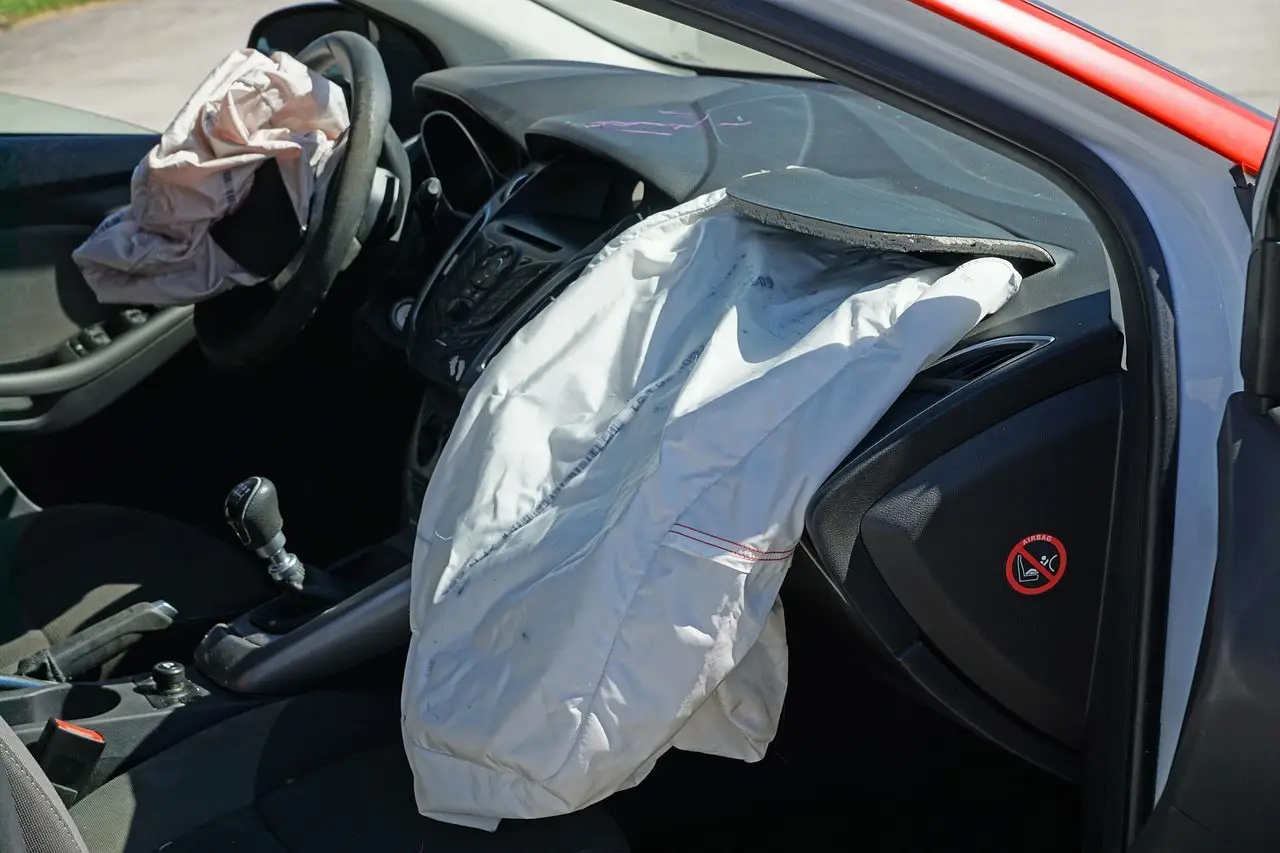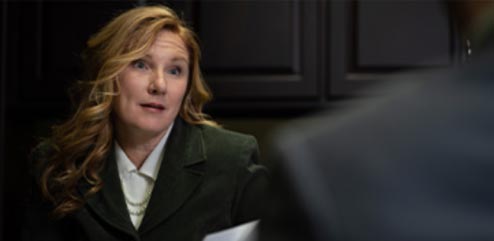
Product Liability Attorney Evansville
As your Evansville product liability lawyer, we’re here to ensure that negligent parties are held accountable and that you receive the compensation you rightfully deserve.
When you purchase a product, you’re placing your trust in the manufacturer and the entire supply chain. But what happens when that trust is shattered by a defective product that leaves you injured? Under Indiana law, you have the right to seek justice and compensation.
With decades of experience in Indiana’s regulations, we at Christie Farrell Lee & Bell are committed to helping you navigate the complexities of product liability claims, from defective medical devices to faulty automotive parts.







